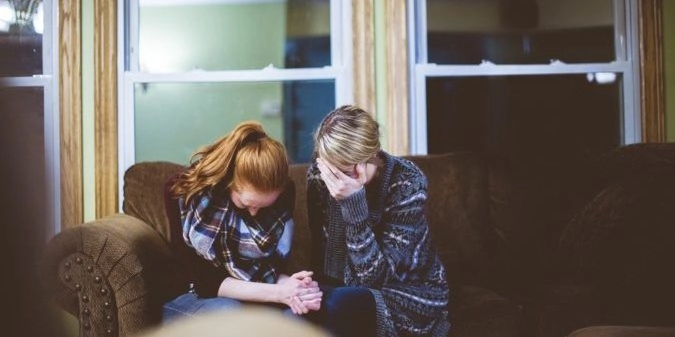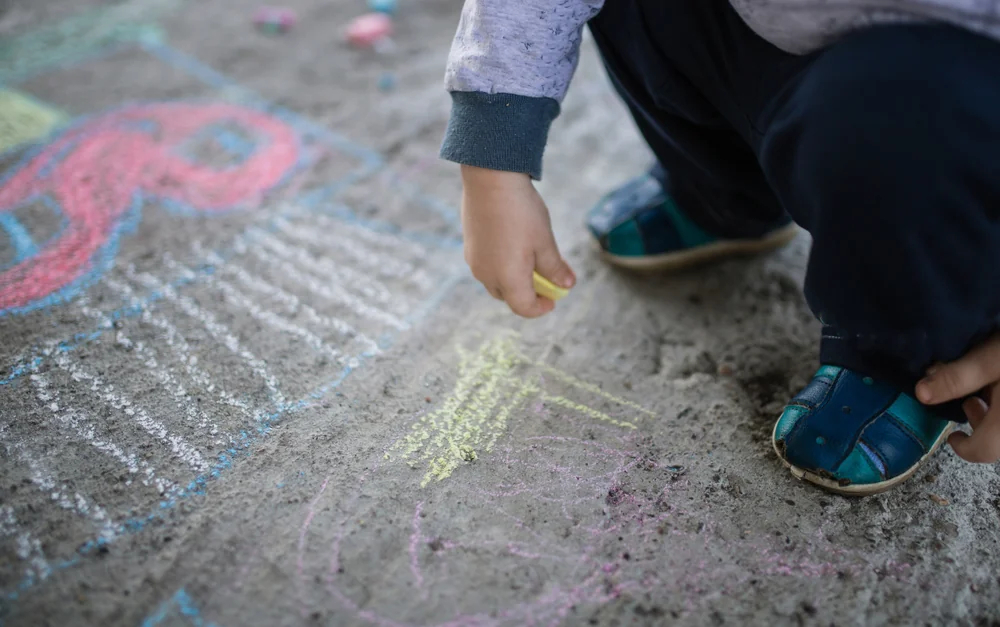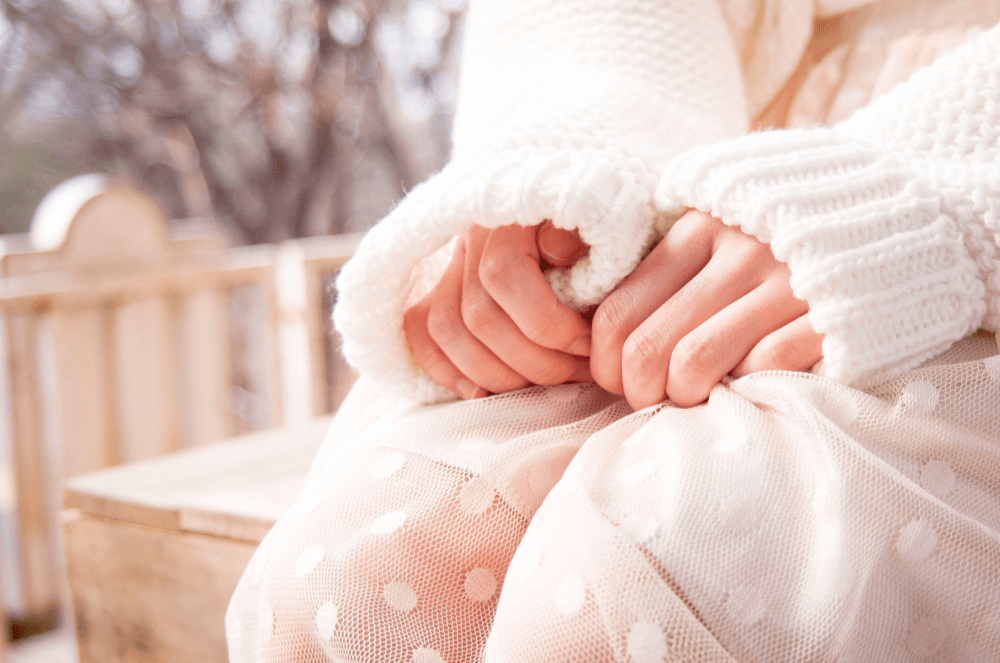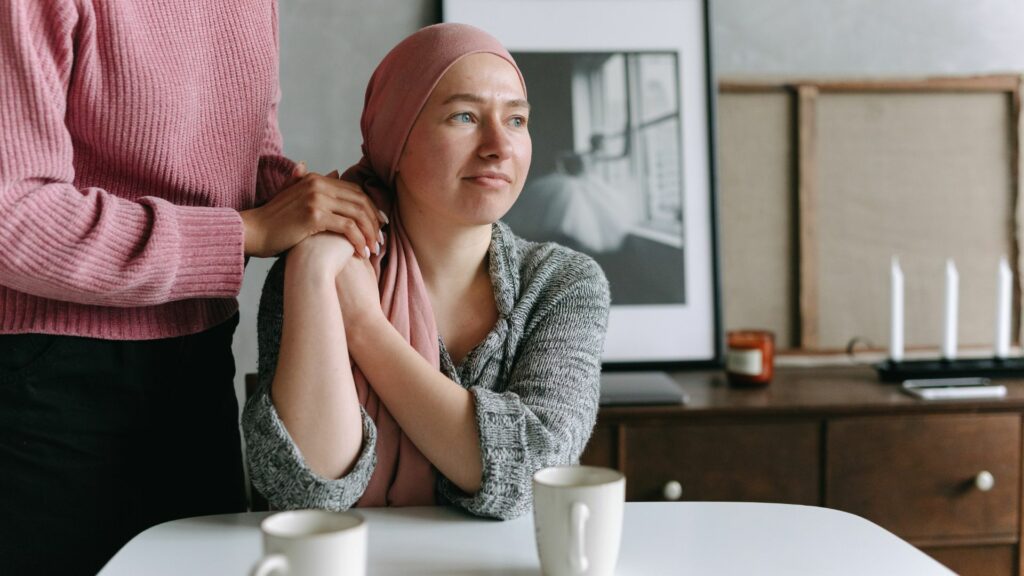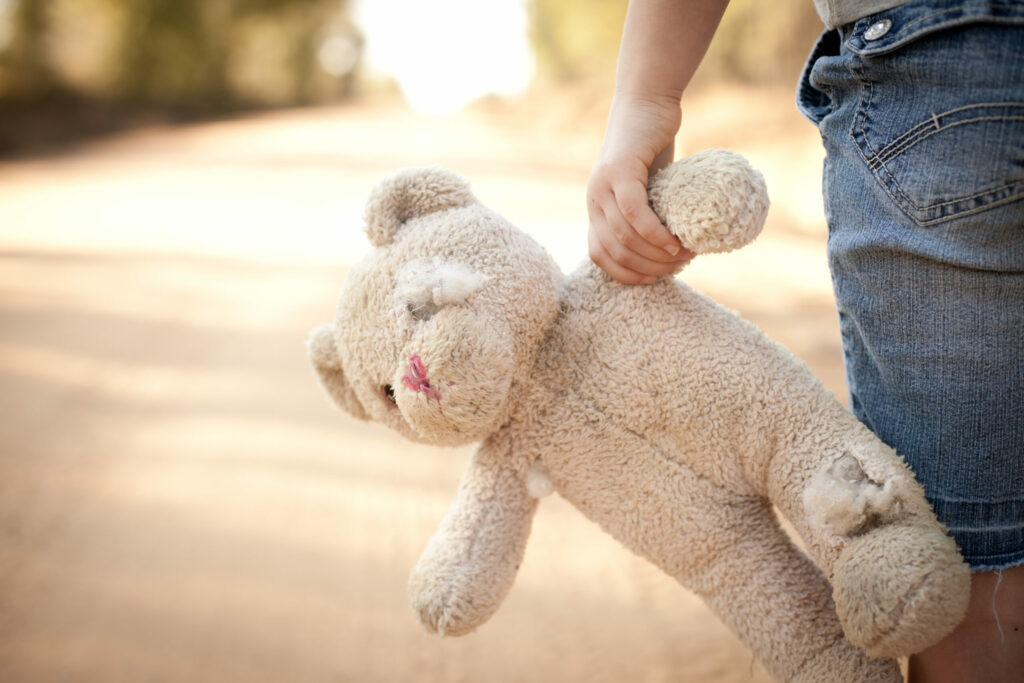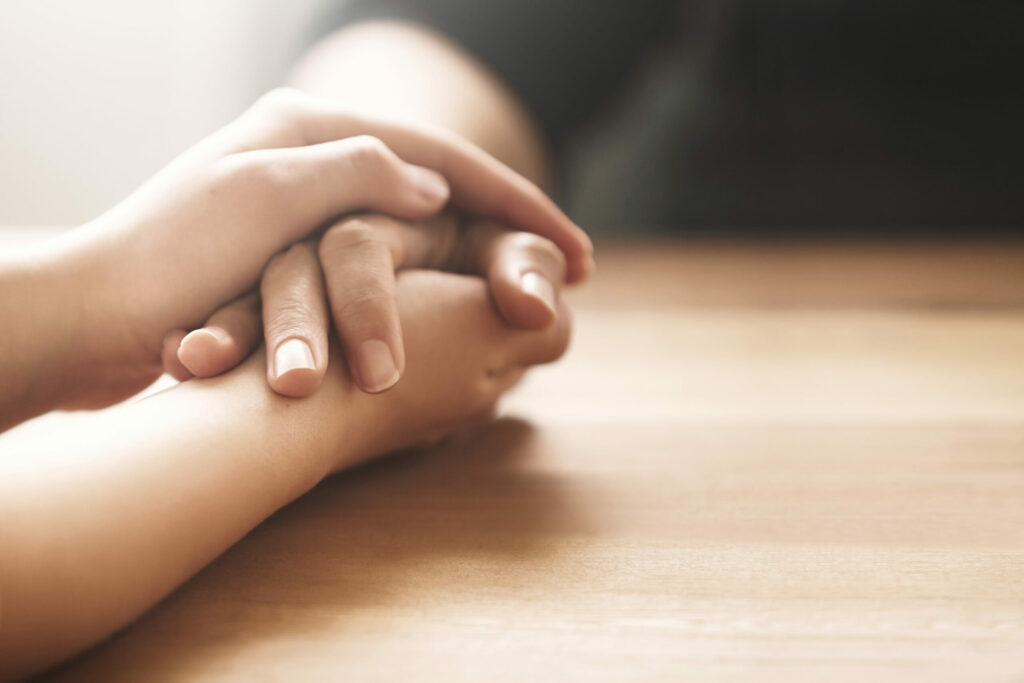Client stories and news
Enable Law has a number of expert spokespeople who are available to comment on issues relating to medical negligence, abuse or mental capacity. For any media enquiries please contact our press office on 0117 915 4616.
Latest client stories and news
March 1, 2024 |
3 minute read
February 29, 2024 |
2 minute read
February 22, 2024 |
2 minute read
February 15, 2024 |
4 minute read
February 14, 2024 |
3 minute read

